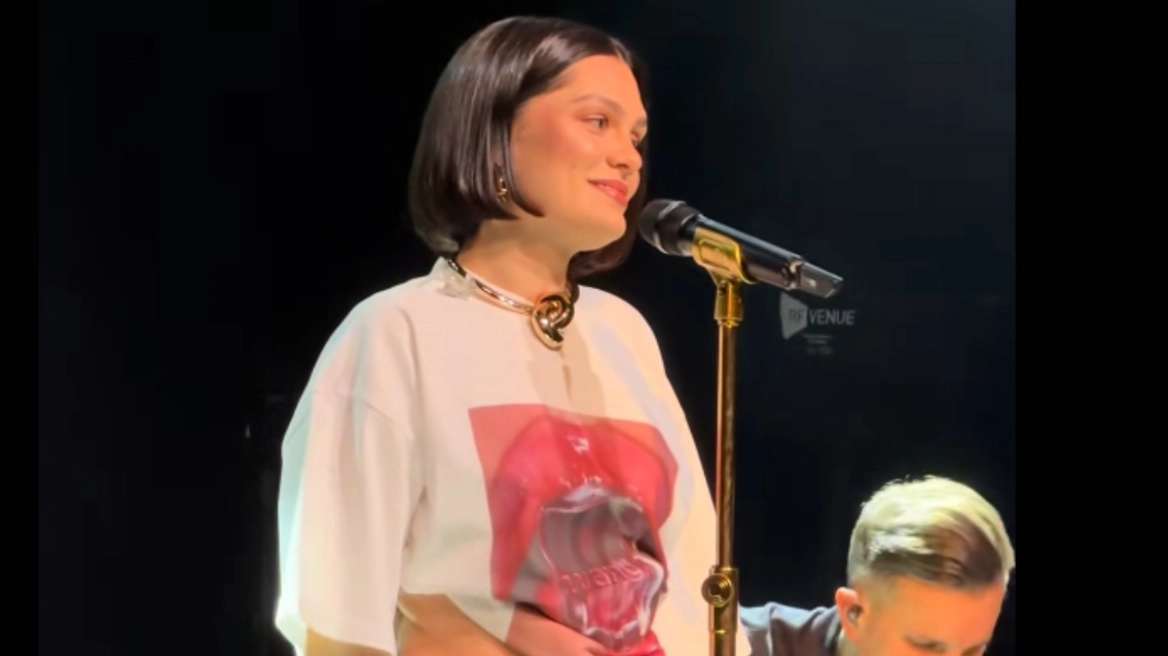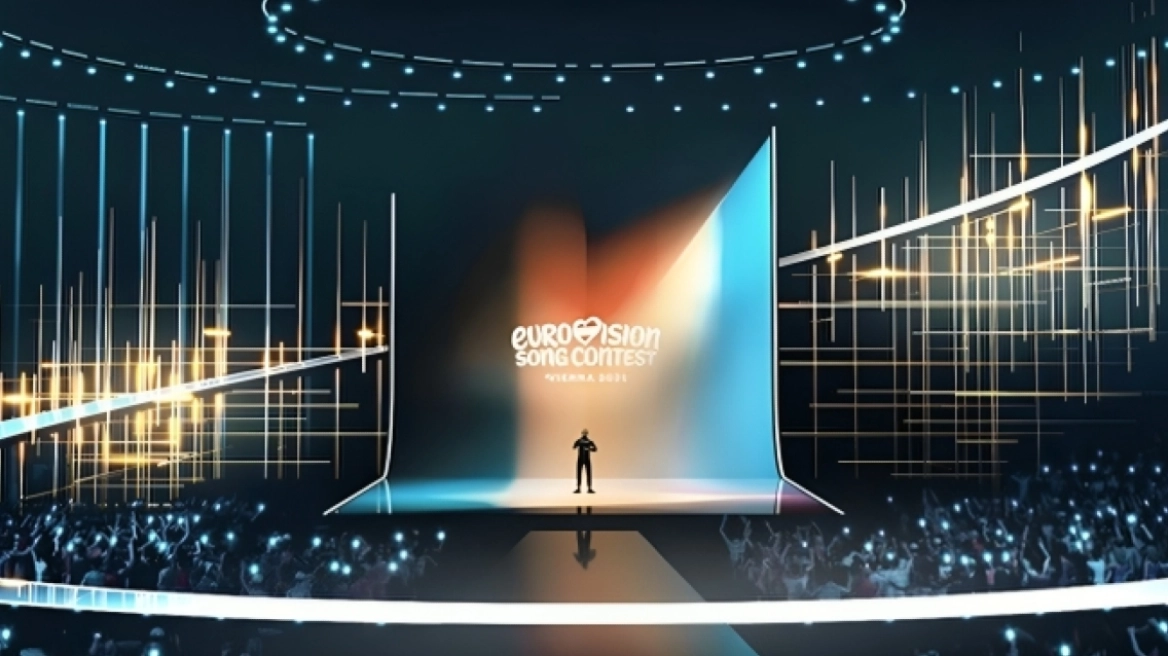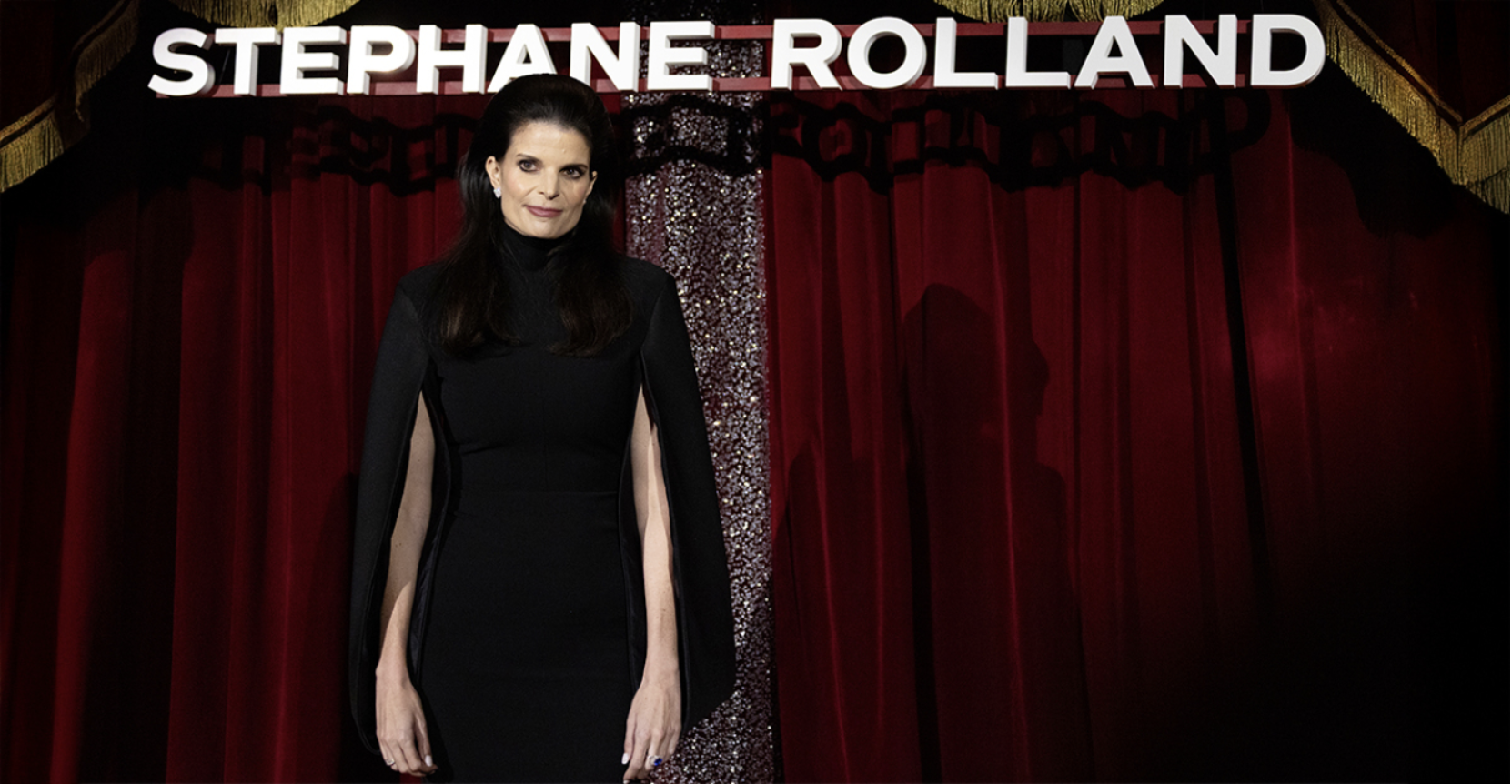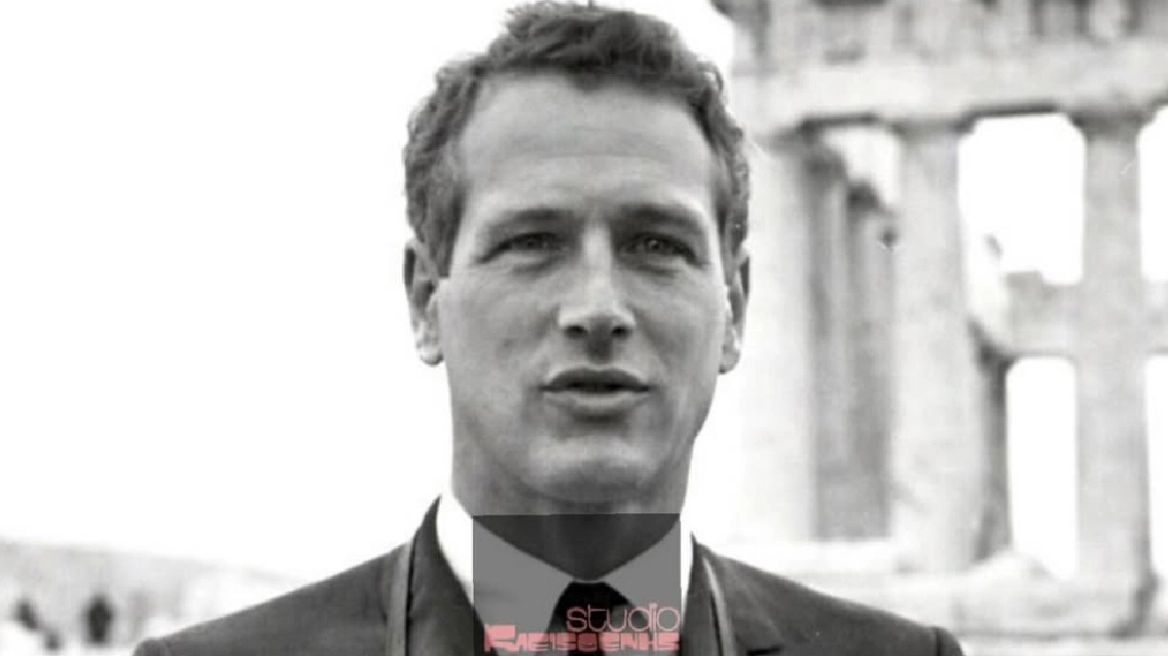The EU has adopted the 15th package of sanctions against Russia, which includes measures against the so-called third-country shadow fleet that allows Russia to export oil and gas by circumventing Western sanctions.
The current package targets 52 ships from Russia’s shadow fleet. These (non-EU) ships are subject to a ban on access to EU ports as they have been found to be involved in high-risk shipping practices when transporting Russian oil or petroleum products, arms deliveries, grain theft or support for the Russian energy sector. The EU stresses that the sanctions against Russia’s shadow fleet also address the serious maritime and environmental security risks posed by its often old and under-secured ships. “The EU will continue to closely monitor the trade of Russian oil changes and different practices aimed at circumventing the oil price cap, both in terms of compliance by G7 operators and the activities of the shadow fleet”, the statement said.
The EU High Representative, Kaja Kallas said: “These measures are designed to counter the circumvention of EU sanctions by targeting Putin’s shadow fleet and weakening Russia’s military and industrial complex. Russia continues its brutal attack on Ukraine and the Ukrainian people. This sanctions package is part of our response to the weakening of Russia’s war machine and those who enable this war, including Chinese companies. It shows the unity of EU Member States in our continued support for Ukraine. Our immediate priority is to put Ukraine in the strongest possible position. We will stand by the Ukrainian people on all fronts: humanitarian, economic, political, diplomatic and military. There is no doubt that Ukraine will win.”
The 15th sanctions package also includes 84 additional listings (54 individuals and 30 entities) whose actions undermine Ukraine’s territorial integrity, sovereignty and independence. They are now subject to an asset freeze and – in the case of individuals – also to travel bans. The listings mainly concern Russian military companies that manufacture aircraft components, drones, electronics, engines, high-tech parts for weapons and other military equipment. The listings also target certain senior executives in companies operating in the Russian energy sector (including shipping companies), providing significant revenue to the Russian government. The EU is also sanctioning the military unit responsible for the strike on the Okhmadyt children’s hospital in Kiev and individuals responsible for the deportation of children.
In addition, for the first time since the start of the Russian invasion, the EU has adopted sanctions against six Chinese companies and one Chinese individual (travel ban, asset freeze, and asset freeze) for facilitating circumvention of EU sanctions and supplying sensitive drone components and microelectronic components to the Russian military industry.
The sanctions list also includes two senior North Korean officials associated with supporting and deploying North Korean troops in Russia. The decision comes as a follow-up to the October European Council and discussions within the G7.
In terms of trade, the 15 package of sanctions adds another 32 companies to the list of those supporting Russia’s military and industrial complex (20 Russian companies, seven under the jurisdiction of China/Hong Kong, two from Serbia and one from Iran, India and the United Arab Emirates). Strict restrictions on exports of dual-use technology goods, as well as advanced technology items, are adopted towards these companies.
Ask me anything
Explore related questions





